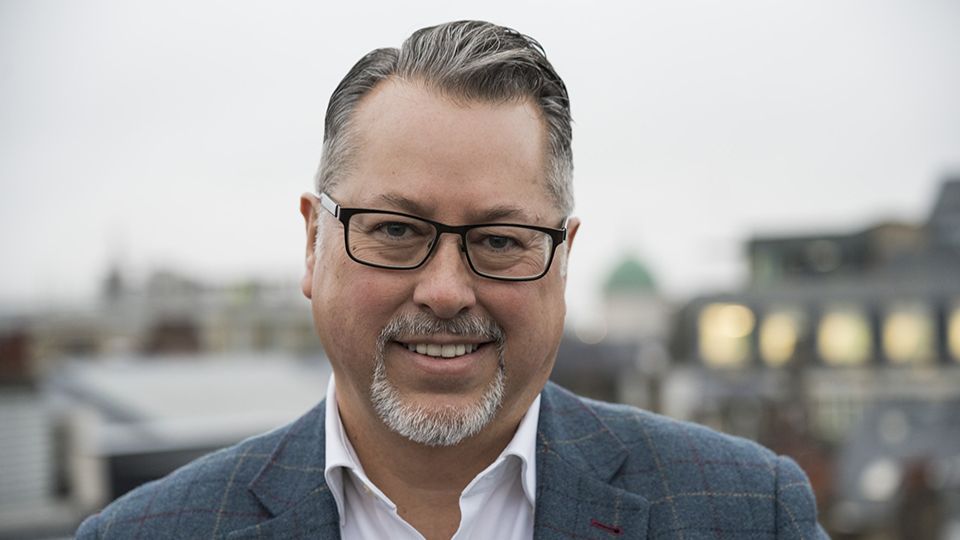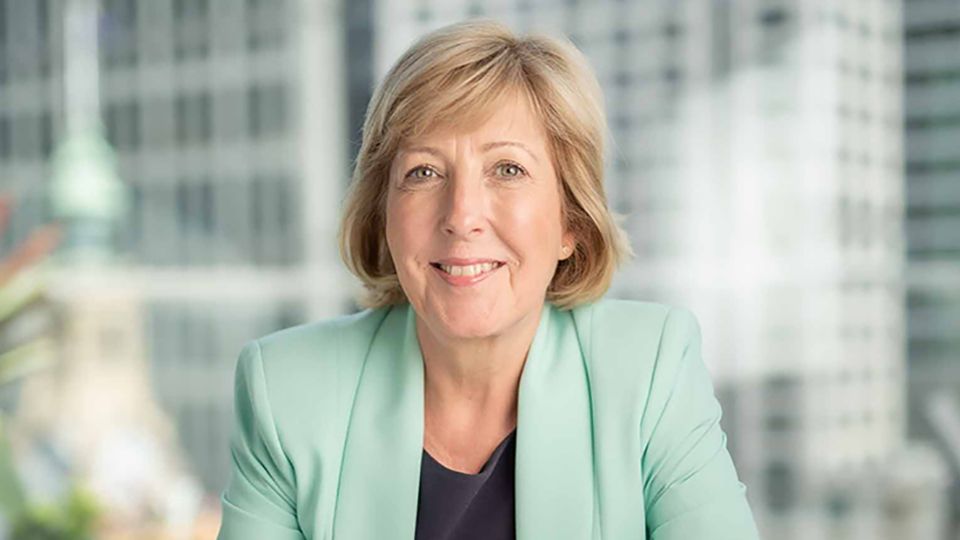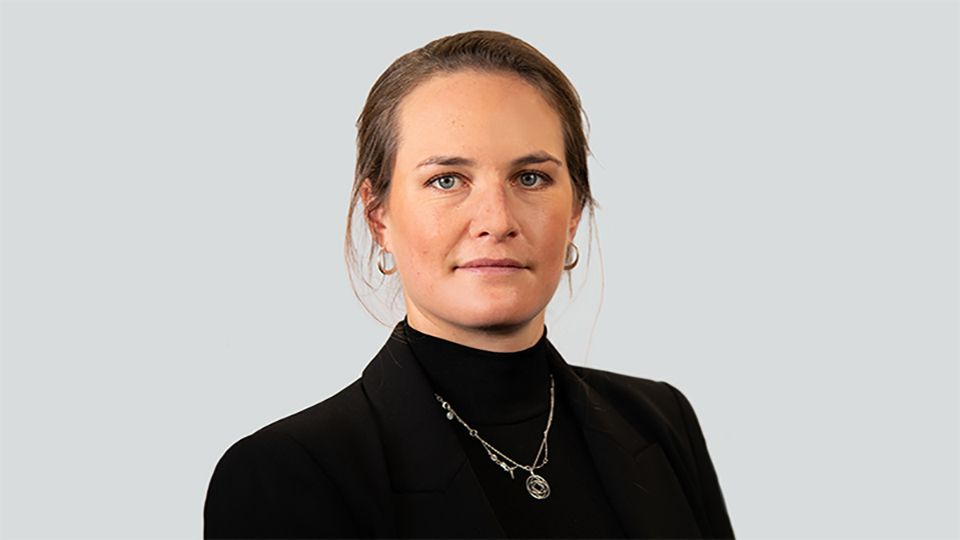Advisers are still in need of education around ESG, and asset managers need to be more transparent with their net-zero strategies, engagement policies and fund categorisation, according to Declan McAndrew, head of investment research at Foster Denovo.
Here, he answers ESG Clarity’s questions on dealing with advisers and fund managers to help shape the firm’s sustainability model portfolios, as well as address industry challenges.
Tell me about your role and the ESG focuses for your firm.
We provide financial advice to private client businesses and charities and have been integrating ESG for a while. We have model portfolios including a sustainable range, which we launched in 2020. It has seen lot of momentum and we have moved from educating advisers on what it is, getting policy in place and articulating that to clients. It’s a challenge as they see lots of bits of information, and are trying to put those things together.
When carrying out your investment research, what are you looking for from an ESG perspective?
We determined quite early on in process that our company needed to have a policy on how we define ESG.
For clients, we have included ESG in our factfinding stage alongside attention to risk and knowledge since 2020. We ask open-ended questions and do not have any preconceptions.
Financial advisers can come with baggage on what they feel is ESG – for example, what they think is dark green, but it is much more nuanced than that.
When we speak to asset managers, we want to see authenticity and that they are active members of industry initiatives, but much, much further than that we want to know if their impact can be independently verified and we use independent research for that.
What’s a red flag for greenwashing?
A lot of ESG can be marketing-led and there are lots of data gaps.
One red flag for us is not having justification. We ask asset managers to give us their full holdings, not just the top 10, and we look at those holdings and ask how their investment process is put together – we then see whether there was a disconnect between them.
Other red flags could be in the negative screening criteria, or it could be something seems too good to be true. There is also lack of engagement; has the asset manager voted meaningfully, is there a voting policy in place and people responsible if that is not achieved?
We have seen a lot of fund groups jumping on net-zero targets, but we want to know who in the company is responsible for that, where are the staging posts for that progress and where is it verified. Some are very good, and some say they have just pledged – that’s the easy part having the accountability is important.
There have been different interpretations of the categorisation of funds under Sustainable Finance Disclosure Regulation (SFDR). How are you approaching this?
We don’t use SFDR per se, but the UK’s Financial Conduct Authority (FCA) finished its consultation in January for categories that are in broad alignment with SFDR i.e. has sustainability been factored into the fund objective, the remit and process of the actual fund manager?
We are in the very early stages for this, but we do have Article 9 funds in our stable. But we wouldn’t put it in filtering criteria as this early stage. We’d make note of the categorisation but we are not filtering on it.
What we want to ask groups is if a fund has been repurposed, why has it been repurposed? We question sustainable overlays – that should be applied anyway.
There will be five categories of funds in the UK when the FCA publishes, which is due to be in Q2, so there is a very clear direction of travel for financial advisers. It needs to be in every conversation with clients. Why wouldn’t you see that as a business opportunity and have that already integrated – don’t let regulation be the driver.
Some of our advisers have been surprised by that as they have actually had a different type of conversations with their clients – but having the conversations with their clients’ grandchildren there is greater awareness.
Where are there gaps in the market in terms of ESG funds?
There are a few good offerings in small- and mid-cap equities but not as many as there could be. The most obvious gap is in fixed income, but the inflation environment has changed this since start of the year. We hold some alternative assets and infrastructure investment trusts are an area of interest, and impact funds specifically for the retail space would be opportunity set.
See also: – Where will the ESG money go next?
In which areas do you think clients need more education around ESG?
There are data gaps in terms of emissions and Scope 3, and the whole supply chain piece. What does that look like, the inconsistencies and how it affects a fund.
Also, the different terminology is a challenge.
We also need more education around the level of engagement different asset managers have and why that is meaningful.
The energy transition piece needs more clarification from fund managers as there is a mismatch in what a client expects and what is held in funds. Some fossil fuels are in Article 9 funds, for example, because they are invested in companies that are broadly transitioning, but for those that hold BP and Shell it’s a different story as the money they spend on renewable transition is dwarfed by what they spend on new oil and gas projects.
There are companies transitioning out there; it is about how far down the line are they, how willing are they to make that interaction… it is a case-by-case basis.
Do you think the upcoming Mifid II sustainability requirements in August will have a huge impact on demand for ESG funds or have we already seen that?
Obviously, we had huge inflows in 2020, part of which was down to short-term performance and some jumping on bandwagon, but some are not.
The problems that need to be solved here, and Mark Carney has talked about this, is in the region of tens of trillions of dollars. What we have seen so far is a very small part.
There will be ebbs and flows, and flows have suffered in December and January with some nervousness from advisers, but the overall trend will only increase.
The retail space has a lot more scope to develop within that.
How do you think the Russian invasion of Ukraine will impact ESG investing?
Nobody knows what will happen. If you think of the amount of emotional response, which has been the correct response, the humanitarian aid and refugee openness and acceptance, human rights and violations of such have become front and centre dominating the news flow.
Oil and gas has done very well out of it, but there is the longer-term effect of the need for energy independence that helps the green transition.
Certain companies are almost being shamed into doing the right thing; Shell divesting from Rosneft, when it initially said it was a minority shareholder. It had to listen to the universal condemnation and sanctions being imposed and had to take note of that. Hopefully, that is the trigger for long-term change.
What are the challenges and opportunities for ESG investors in the coming year?
There are two things; trying to see through the fog there has been and the use of terminology.
Clients are saying ‘so what? What difference does it make to my portfolio if I choose the sustainable portfolio?’ We ensure they get the full picture rather than too much data; it is the opportunity to ensure you keep learning and making sure that knowledge is with the client. We are always going back and sense checking those imperfections.
There are always compromises in investing and in life, and clients need to make sure they are comfortable with that. We are not going to have all the information all the time, but transparency has increased.









